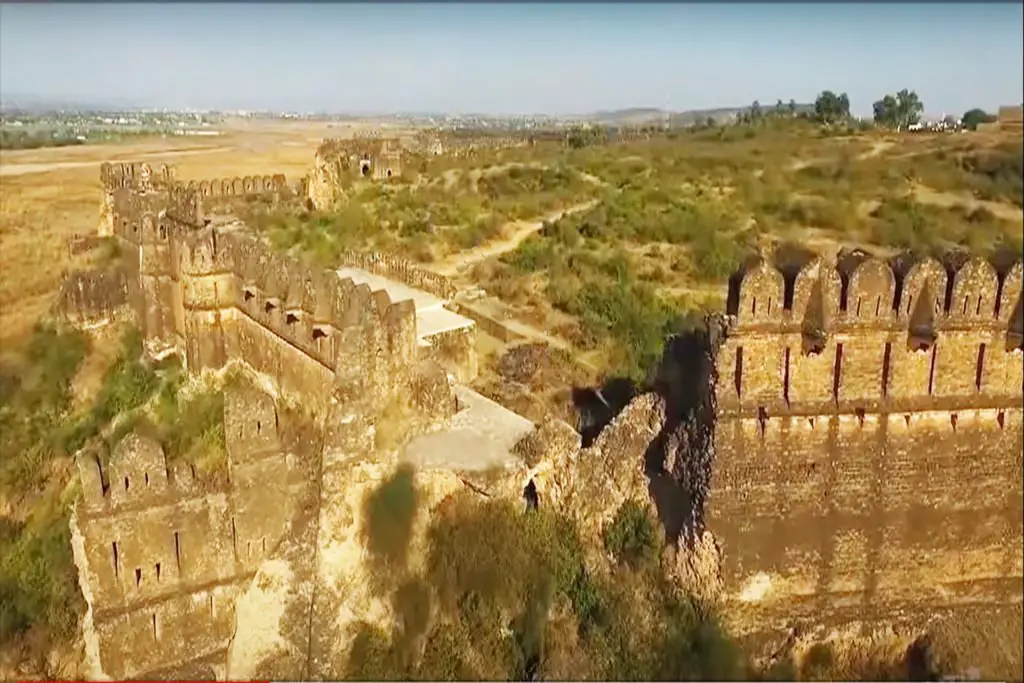The Lodi dynasty, the fifth and final dynasty of the Delhi Sultanate, ruled from 1451 to 1526. Bahlul Khan Lodi founded the dynasty after replacing the Sayyid dynasty. The Lodis faced numerous challenges during their rule, including conflicts with the nobility and internal rebellions. However, they had a longer life span than the Khiljis and achieved more significant accomplishments than the later Tughlaqs and Sayyids.
Bahlul Lodi: The Founder
Bahlul Khan Lodi was the nephew and son-in-law of Malik Sultan Shah Lodi, the governor of Sirhind in Punjab. He ascended the throne of the Delhi Sultanate in 1451 after the last Sayyid ruler, Alauddin Alam Shah, voluntarily abdicated in his favor. Bahlul Khan Lodi was a powerful and vigorous leader who managed to consolidate the Afghan and Turkish chiefs under his rule. One of the significant events of his reign was the conquest of the Jaunpur Sultanate. He spent much of his time in fighting against the Sharqi dynasty of Jaunpur and eventually annexed it.
Sikandar Lodi: Patron of Trade and Learning
Sikandar Khan Lodi, the second son of Bahlul, succeeded his father after his death in 1489. He founded Agra in 1504 and shifted the capital from Delhi to the new city. Sikandar Lodi patronized trade and commerce and was known for his efforts to promote economic activities in the country. He was also a poet and a patron of learning, ordering translations of Sanskrit medical works into Persian. Despite his achievements, Sikandar faced criticism for his policy of destroying temples and restricting some religious practices.
Ibrahim Lodi: The Last Ruler
Ibrahim Khan Lodi, the eldest son of Sikandar, became the last ruler of the Lodi dynasty in 1517. Although an excellent warrior, Ibrahim’s rash and impolitic decisions weakened his rule. He faced numerous rebellions and was engaged in warfare with the Afghans and the Timurid Empire. In 1526, Ibrahim Lodi faced a decisive battle against the Mughal invader Babur at the Battle of Panipat. Babur emerged victorious, leading to the end of the Lodi dynasty and the rise of the Mughal Empire in India.
Legacy and Religion
The Lodi dynasty, like their predecessors, identified themselves as deputies of the Abbasid Caliphs, acknowledging the authority of a united Caliphate over the Muslim world. They provided support to Muslim scholars, Sufi saints, and the descendants of Muhammad and his Quraysh tribe. The Muslim subjects were required to pay the zakat tax, while non-Muslims paid the jizya tax for state protection. Sikandar Lodi, to prove his Islamic credentials, resorted to strong Sunni orthodoxy, destroying Hindu temples and implementing strict Islamic practices.
The Lodi dynasty marked the final chapter of the Delhi Sultanate’s history. While they faced internal conflicts and challenges, the Lodis achieved some significant accomplishments, especially in trade and patronage of learning. However, their religious policies created tensions with Hindu subjects. The rise of the Mughal Empire under Babur’s victory at the Battle of Panipat brought an end to the Lodi dynasty, shaping the future course of India’s history.






